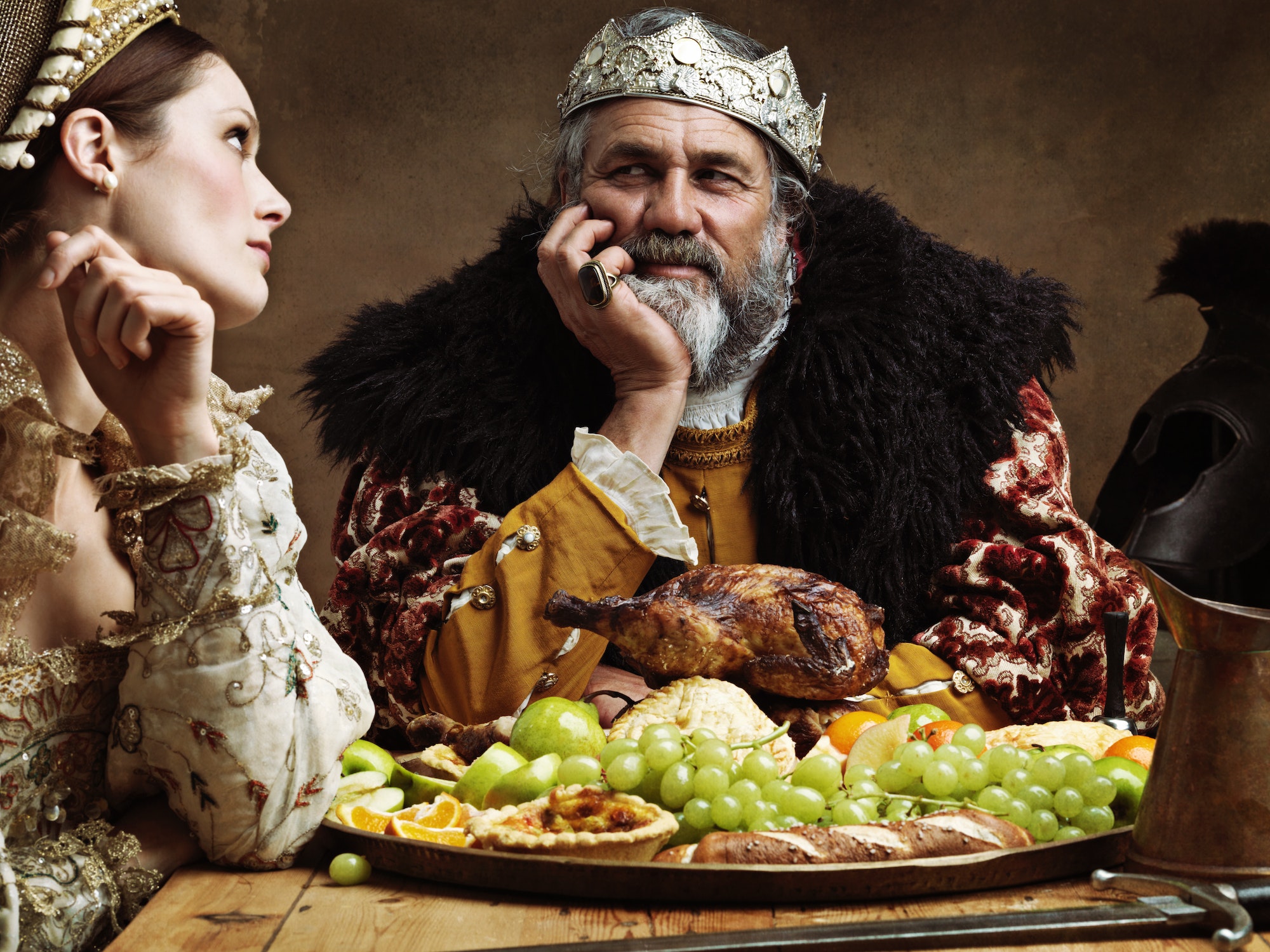Marie-Antoine Carême, born in 1784, is often referred to as the “king of chefs and the chef of kings.” This French culinary pioneer not only revolutionized the way aristocrats and royalty dined but also left a lasting legacy on the world of gourmet cuisine. Carême’s innovative techniques and impeccable presentation skills earned him a place in the kitchens of some of the most influential figures in European history, including Napoleon Bonaparte, Tsar Alexander I, and King George IV.
Carême began his culinary journey at a young age, working as a kitchen boy at a Parisian chophouse. He quickly gained recognition for his talent and was soon hired by Charles Maurice de Talleyrand-Périgord, a French statesman who served under Napoleon. Here, Carême honed his skills and developed his signature style – elaborate architectural structures made from pastry. His pièces montées, or centerpieces, were inspired by ancient ruins and Gothic architecture, making them highly sought-after by European royalty.
As his reputation grew, so did his clientele. Carême became personal chef to Napoleon Bonaparte and was tasked with creating extravagant feasts for the Emperor’s court. His culinary creations were so impressive that even after Napoleon’s downfall, Carême continued to serve other European royalty and aristocracy, including Tsar Alexander I of Russia and King George IV of England.
Carême’s influence on gourmet cuisine extended beyond his elaborate pastry creations. He was one of the first chefs to prioritize seasonal ingredients and place emphasis on fresh produce. He also developed the concept of “mother sauces,” which are still used as the foundation for many dishes today. These include béchamel, velouté, espagnole, tomato, and hollandaise sauces.
In addition to his work in the kitchens of Europe’s elite, Carême was an accomplished writer. He penned several cookbooks that detailed not only his recipes but also his philosophies on cooking and dining. His most famous work, “L’Art de la Cuisine Française,” is still considered a seminal text in the world of haute cuisine.
While Carême was undoubtedly one of the most influential chefs of his time, he was not the only pioneer in the world of gourmet cuisine. Other early innovators include François Vatel, a 17th-century French chef who served as a steward to the great noble houses of Europe. Vatel was famous for his elaborate banquets and is often credited with inventing the modern buffet.
Another culinary trailblazer was Antonin Carême, Marie-Antoine’s younger brother. Antonin followed in his sibling’s footsteps, working as a chef for European royalty and aristocracy. He is best known for his role in popularizing Russian service, a style of dining where dishes are presented on platters and passed around the table rather than being served individually.
The legacy of these early pioneers of gourmet cuisine lives on today. The techniques and principles they developed continue to shape the way we cook and enjoy food. From the use of seasonal ingredients to the artful presentation of dishes, their influence can be seen in Michelin-starred restaurants and home kitchens alike.
As we continue to explore the world of gourmet cuisine, it’s essential to remember and honor these early innovators. Their dedication to their craft and their ability to create unforgettable dining experiences for some of history’s most influential figures has left an indelible mark on the culinary landscape. So the next time you indulge in a beautifully plated dish or savor a perfectly balanced sauce, take a moment to appreciate the passion and skill that has gone into its creation – and give thanks to the early pioneers like Marie-Antoine Carême who helped shape the world of gourmet cuisine.

